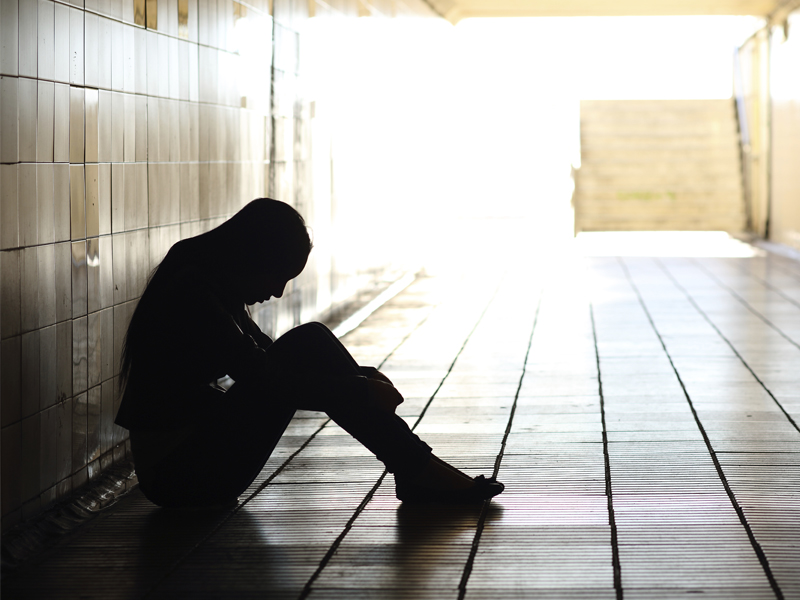School assignments and college preparations, jobs, sports, family commitments. Teens today are under a lot of pressure. Some studies suggest that teenagers experience more stress than adults. So how can parents help their children lighten up for the sake of their health?
According to a recent American Psychological Association survey on stress in America, 27 percent of teens reported feeling “extreme stress” during the school year, compared to 20 percent of adults.
“In my role as a counselor, I see teens stressed with lots of different issues including their families, grades, physical appearances, anxiety, depression and social issues,” says Jessica O’Rourke, a guidance counselor at Jamestown High School in Williamsburg-James City School Division. “Social media is also a stressor for teens, and the fact that it is always there and won’t go away can be very difficult for teens to handle. I think parents can contribute to the problem. Teens are struggling with a lot of adult issues, yet they don’t have the maturity to handle the situations.”
Mental and emotional stress can interfere with a teenager’s sleep patterns, the ability to focus and learn, weaken the immune system, and lead to involvement with risky behavior. Teens may become more irritable or withdrawn or take to overeating.
It’s important for parents to hone in on what is causing the stress in their children.
“Parents are encouraged to actively listen and reflect on what their teens are saying without leaping to advice or problem solving strategies,” says Dr. Diana W. Schofield, a licensed clinical psychologist with Children’s Hospital of The King’s Daughters. “Often, the simple act of naming the stressor is a powerful way to contain the associated negative emotions. Paying attention to the way teens talk about themselves and reinforcing positive rather than negative self-talk is also encouraged.”
Moms and dads should also pay attention to how they handle their own stress and how it affects the family.
“Parents are incredibly stressed, too,” says Dr. Velma Bacak, a child psychiatrist and medical director for Child/Adolescent Services at Riverside Behavioral Health Center. “There’s been a change in our culture. People are overscheduled and don’t have time to be together anymore. Families may need help recognizing that they don’t have to live like this. They should ask themselves what about their lifestyles they can change. What are they willing to change? You don’t want to run yourself ragged.”
The key is to strike a balance.
“Help your teenager with time management skills,” O’Rourke suggests. “Help your teenager identify their areas of strength. Many times teens try to take on everything. There needs to be a healthy balance.”
Schofield adheres to Dr. David Rock and Dr. Daniel Siegel’s “Healthy Mind Platter,” which recommends setting aside time each day for activities that are good for mental health. These activities include work, play, connecting with family and friends, meditating, relaxing and sleep.
“This ‘platter’ is made up of seven essential daily mental activities necessary for optimum mental health in daily life and promotes resilience, balance and well-being,” says Schofield. “In our day-to-day lives, it’s amazing how many of these activities we miss.”

